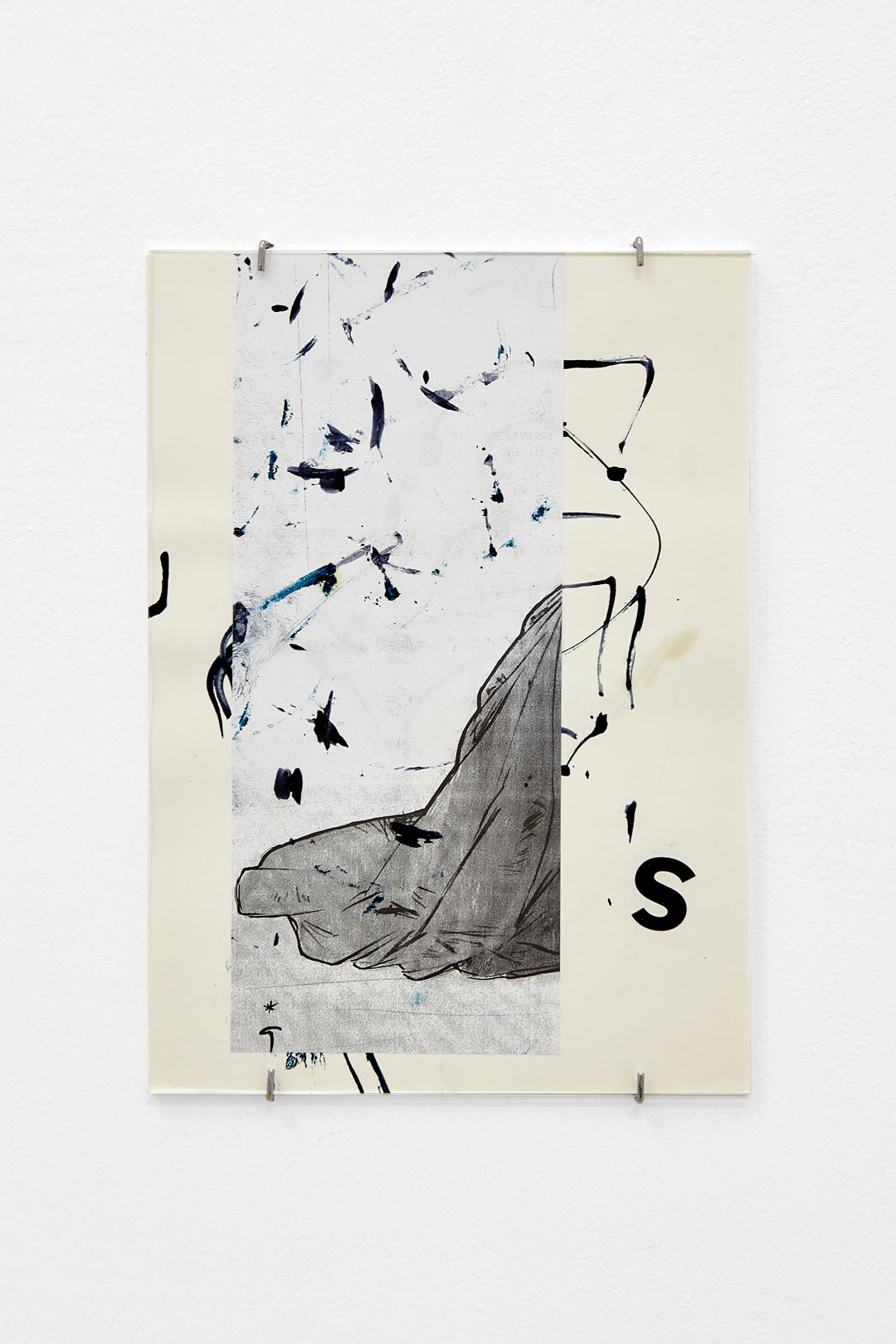Phoebe Giannisi POOR
In rushes spring
at dawn the clouds are softly tinted
and the light, the light, oh
with anticipation
is able once again to break our heart
as unawares it catches us
preparing
the children's breakfast
or possibly as we walk briskly
our big head filled up with concerns supposedly
or when –and then especially–
we approach the beggar
from a distance
at the same post last year and the year before that and this year
always playing the same piece on the accordion
and yet we hear it
we hear it
our breast swells
and we desire
to dance
our feet move on their own
like feathers lightly here and there
they blow us so we land in front of him
we rummage in our bags for change
he doesn't look at us
he's blind even if he can see
and then
this unknown this debt towards the future
drives us away uproots us from the music
so that with fortitude
again
we postpone for next year this ecstatic now
although deep down you know you never know
you the mortal
and fate may drive the beggar far away
so that the music 's lost
the shudder too and life and the seawater
so that will shrivel
the branches of the tree
that dad had planted at the veranda's edge
the tree that used to
in its unheard-of burgeoning
so brief and so demented
and silent and so all its own
open us up and nudge us at the heart
—translated by Panayotis Ioannidis
*
On the 21st of this unheard-of March —first day of Spring and Poetry Day— a poem about a postponed spring, dancing beyond ourselves, and an ever-burgeoning tree, by Phoebe Giannisi.
P.G. is a poet, a performer, and an architect with a Ph.D. in Classics that resulted in Path Narratives – Song and Wandering in Archaic Greece (Éditions Jérôme Millon, Grenoble, 2008). It may therefore come as no surprise that she is well-known and appreciated for her re-imagining of characters and episodes from ancient Greece and its mythology, and that her two more recent books are called Rhapsody (Gutenberg Editions, Athens, 2016; shortlisted for the “Anagnostis” Book Awards) and Chimaera. Indeed, Brian Sneeden's translation of Rhapsody obtained both the 2019 Constantinides Memorial Translation Prize and the 2018 PenHeim Grant for translation into English, while his previous translation (published by World Poetry Books, 2017) of her book Homerica (Kedros Publications, 2009) was mentioned by none other than brilliant poet Anne Carson as a “Favorite Book of 2017” in “The Paris Review”: “unusually excellent new poetry book from Greece” were her exact words.
However, she is a far more versatile poet than this. Her fertile versatility is founded on the coupling of a solid and splendid lyrical core (already evident in her 1995 debut, Sea urchins and her next book, Ramadan (Black Museum, Athens, 1997)) with a ductile and sportive mind, unabashedly playful with past authors, be they the lyrical poets of Ancient Greece or the 20th century Nobel prize-winning Greek poet George Seferis, to mention but two instances. Her lyricism serves her well in all her work, including drily poignant poems about family life – or indeed the Rhapsody poem presented here. Her insatiably combinatorial intellect, on the other hand, drives her to serve and benefit from other disciplines such as cultural anthropology. For example, her most recent book, Chimera (Kastaniotis Editions, Athens, 2019) is the fruit of a long field study among goatsherds of Central Greece, as well as of a copious collection of text fragments from numerous disparate sources. Interestingly (and characteristically for P.G.), parts of this project, before reaching book form, had been presented as an exhibition on goat husbandry, AIGAI_O (Athens, 2015; with Iris Lycourioti), and, a year later, as a performance/lecture, Nomos_The Land Song (Onassis Center, New York).
Born in Athens (1964), Phoebe Giannisi is the author of seven books of poetry in Greek; she has also been published in German (Homerika, transl. Dirk Uwe Hansen, Reinecke & Voss, 2015). A 2015–2016 Humanities Fellow of Columbia University, she is currently a Professor at the University of Thessaly, Greece, and a founding member of the poetry and theory journal “FRMK”. Investigating and straddling the interfaces between architecture, literature and theory, performance and installation, her multi-faceted work probes the relationship of poetics with body and place. She has contributed to several group shows (e.g. Lyon Biennale (2009), Guggenheim New York (2013), Bauhaus Dessau (2015)) and, in 2010, she was a co-curator for the Greek Pavilion of the 12th International Venice Biennial Architecture Exhibition with a project on biodiversity and seeds, The Ark – Old Seeds for New Metropolitan Cultures. In 2012-13, her poetic video/sound installation about the cicada, TETTIX, was exhibited at the National Museum of Contemporary Art in Athens.
More by P.G. in English online:
~ http://www.greekpoetrynow.com/poet_poems_eng/giannisi_poems.html
~ https://www.worldliteraturetoday.org/blog/poetry/four-poems-greece-phoebe-giannisi
~ https://www.bpj.org/contributors/giannisi-phoebe
~ https://thestockholmreview.org/the-stagnelius-section/poetry-by-phoebe-giannisi-in-translation-by-brian-sneeden/
~ https://www.asymptotejournal.com/poetry/phoebe-giannisi-chimera/
~ https://greeknewsagenda.gr/index.php/interviews/reading-greece/6530-reading-greece-phoebe-giannisi-on-the-meeting-point-between-poetry,-performance,-representation-and-the-natural-world

Pictured: Heike-Karin Föll, AbExGruau - No. 8, 2018. Ink, inkjetprint, oil, pastel on paper, 29.7 x 21 cm. The work is part of the exhibition 1550 San Remo Drive at Hot Wheels Athens gallery. A review of the show can be read here.
